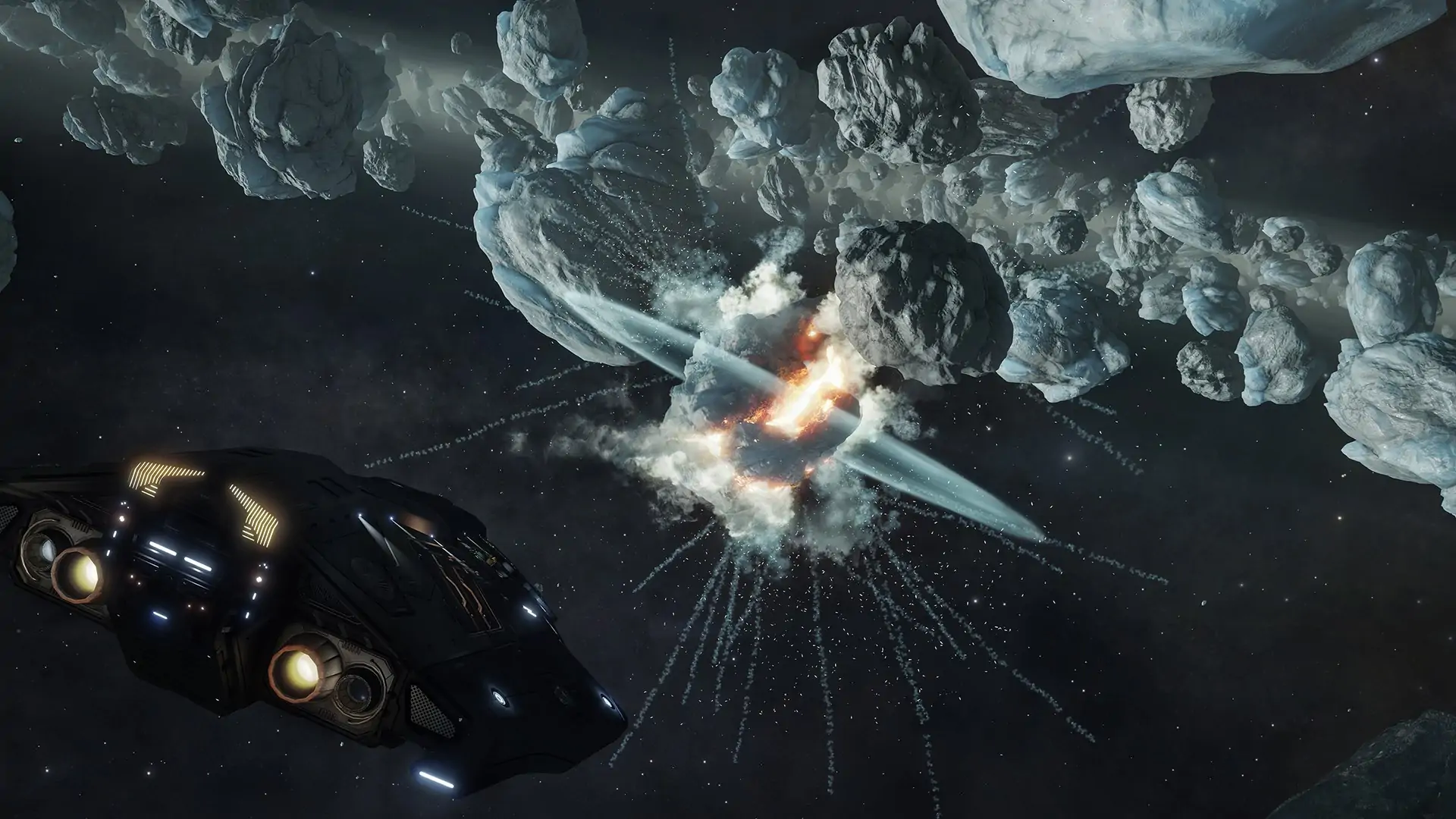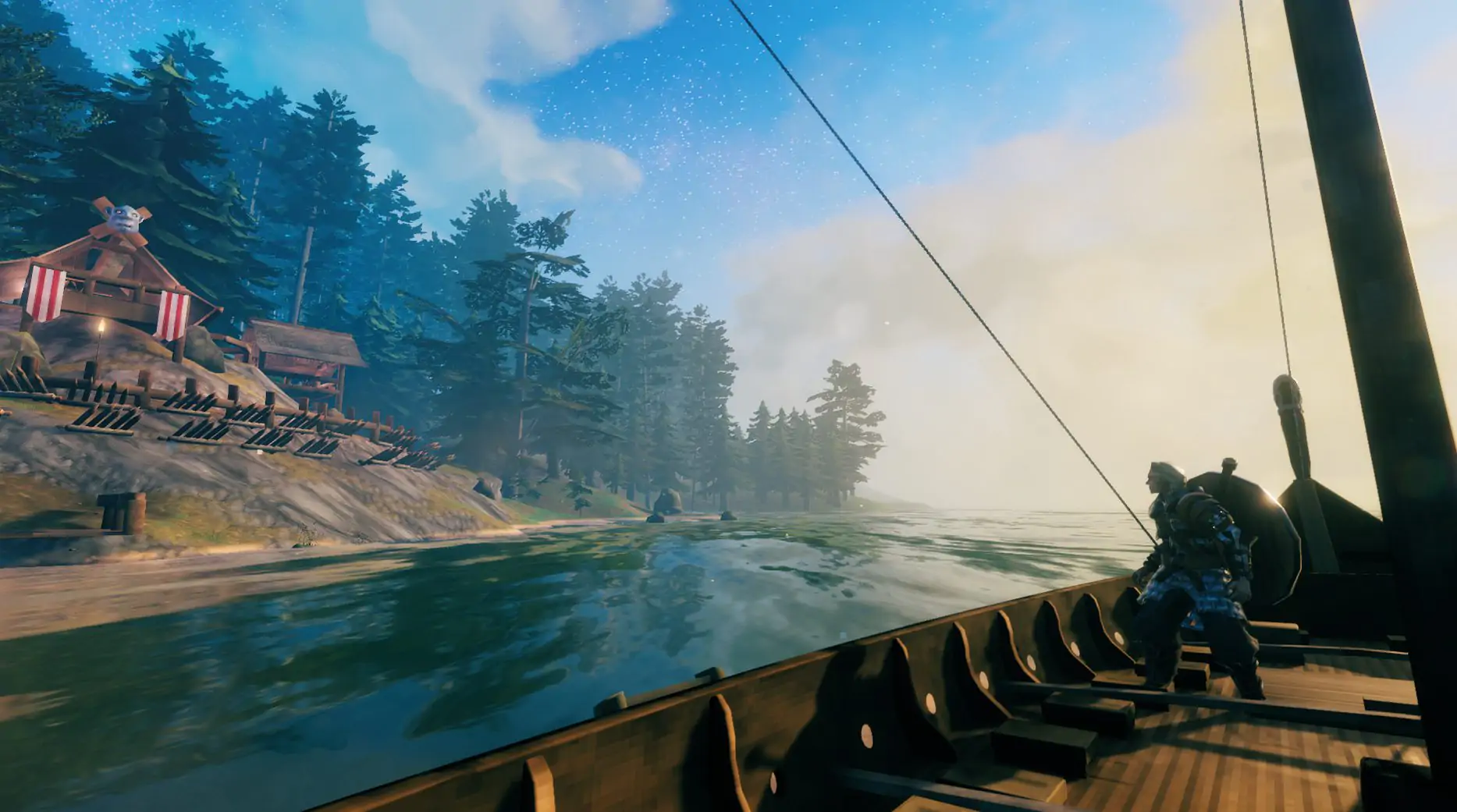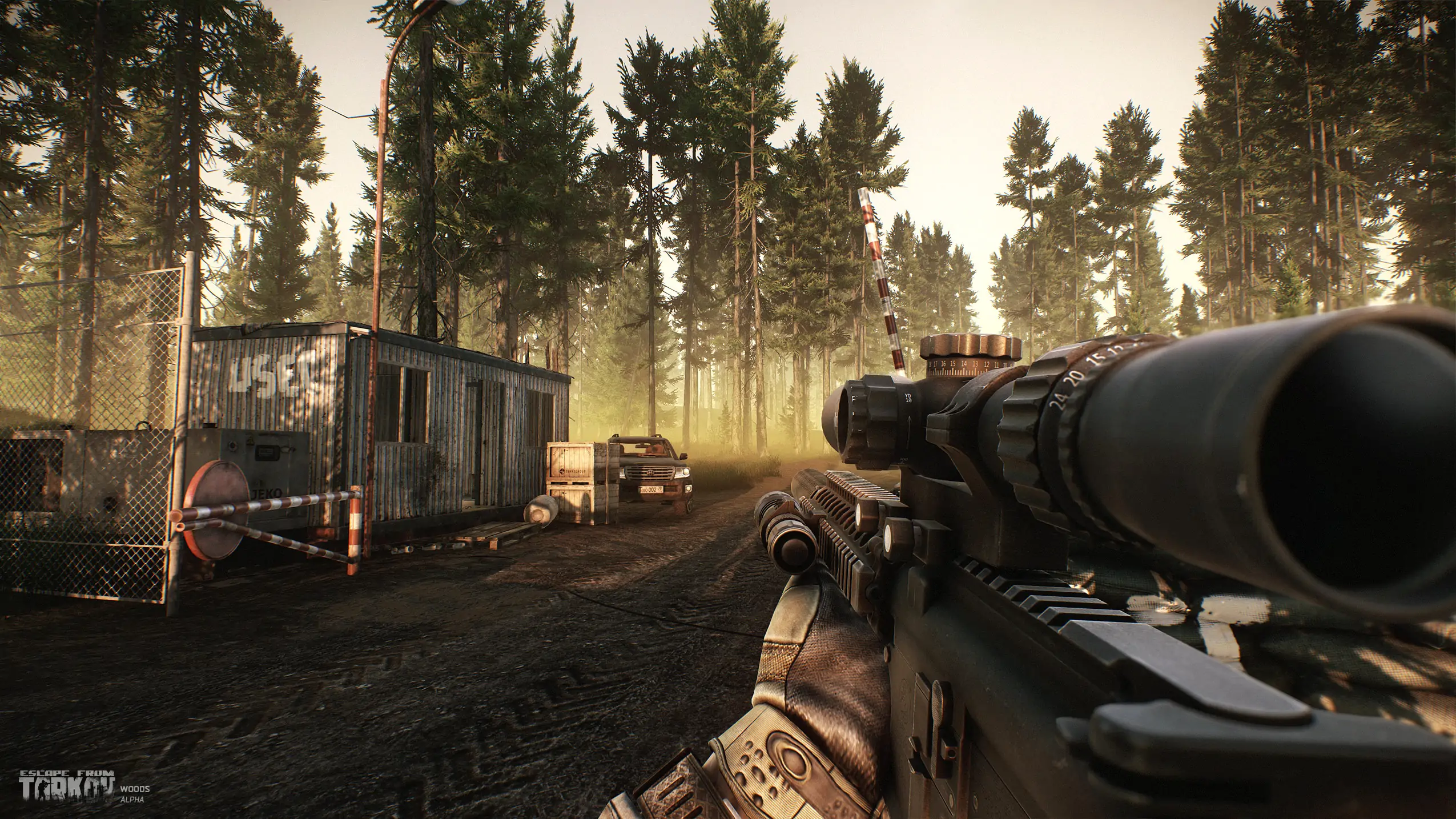What kind of game IS powerplay? What kind of game COULD it be? Ruminations on game genres and limitations.


I've put a lot of thought into Powerplay, and over hundreds of hours of consideration, and thousands of hours of playing the game I think I've finally gotten at least a bit of a handle on it. These are my conclusions.
The Four Rules of Powerplay
Powerplay is flawed. Nobody can deny this. But WHY is Powerplay flawed? That's a matter of significant debate, and one which can be answered analytically, revealing the direction it should go to create the best experience for everyone.
First off, I'd like to lay out a few simple deductions about the nature of Powerplay; what it IS, and what it CANNOT be.
1: Powerplay cannot rely on consistent instancing.
Even ignoring separation of console and PC, or the separation of solo and open, the p2p network architecture renders the entire issue moot. In this game, instancing CANNOT be guaranteed, which means the game mode CANNOT need it in order to function.
2: Powerplay cannot be 'won'.
It is not possible, or desirable, for a single faction to emerge victorious over all other factions. This is a continual multiplayer game; if outright victory is possible, the game goes away, and nobody wants that.
3: Powerplay cannot allow harmful moves(5C, intentionally or otherwise).
Any player can join any faction at any time, and harmful actions INSIDE the faction will always be easier to execute, due to lacking opposition, so 5C will always be superior to straightforward aggressive action from outside the power. Either you can restrict membership or prevent negative action: one of the two. And the existing structure of powerplay prohibits restricting membership, so the only viable choice is prohibiting negative action.
So to sum up, Powerplay cannot:
- Require multiplayer instancing(IE, pvp).
- Allow Victory.
- Allow wrong moves(5C).
Extrapolating from these rules, we can deduce a fourth rule: that powerplay cannot reward the blind acquisition of territory. If victory cannot be allowed, then Powers must be prevented from taking 100% of available territory by other means, such as the current increasing CC cost per claimed system; however, this means that taking a system can be bad(in that it can increase the CC cost of the power, thereby indirectly hurting it), which violates rule three. Hence, rule four:
4. Claiming territory cannot be inherently helpful OR harmful.
All of these deductions are based on fairly straightforward logic, as far as I can tell. Taking all of these rules into consideration, there are basically two different existing types of games that most closely resemble Powerplay:
1. Grand Strategy.
Civilization, Crusader Kings, Stellaris. They don't involve individual pvp; in fact, battles are statistical and simulated. Rather than direct emulation of battle, they instead focus on the movements and control of resources on a massive scale. This is the level that Powerplay is played at, and, given the first rule, the level that powerplay MUST be played at. Not direct competition, but abstracted statistical comparison. This might not make some people happy, but it's the way it is.
2. Sports.
Baseball, Football, Rugby. They don't allow one team to wipe out all the other teams; rather, they play in a series of tournaments, ultimately leading to a single team being declared the 'winner', only for the entire business to start up again next year with the same teams all over again. This is the way Powerplay is 'won'. There is no such thing as true victory, merely a temporary win or loss; just like sports. And while there may be a few key players, there are also countless unnamed supporters, who are free to join or leave at a moment's notice.
Why does Powerplay fail?
Powerplay fails because it attempts to be what it cannot be, and using these rules, and by comparison to other game types, we can quickly show why.
1. Objectives
A huge reason for failure is the objective of acquiring territory. This would be fitting if the game were more in line with typical RTS games like Age of Empires, but is completely meaningless in a game where outright victory is impossible. Imagine a game of football, where the closer you get to the goal, the heavier the ball becomes? Until eventually, it's so heavy for you that you can't even roll it over, while to the opposing team, it's light as a feather? A game where nobody ever scores, and the ball just rolls back and forth until everyone gets bored and goes home?
Clearly, this aspect of powerplay does not function properly.
2. Rewards
A second example is the way in which Powers are rewarded. The reward structure more closely resembles, again, the reward structure for an RTS game. The winner gets the main prize, the next two get a courtesy reward, and everyone else gets absolutely nothing. This works just fine in an RTS or Battle Royale game where other teams can quickly hop back in the game, start from zero along with everyone else, and have a good chance of winning next time, but falls completely flat in a game where the status is ongoing, and where changing that status is so far away, most players will join and quit the game before meaningful change takes place.
Not only do the rewards not function to encourage competition and gameplay, they actively work AGAINST it, encouraging dogpiling on the winner to reap the rewards, while all others go ignored.
3. Tactics, Strategy, and Economics – the Nitty Gritty.
A third example is the tactics and strategy that are involved. Using a single, simple commodity(pylons, for example – or in this case, merits) is perfectly acceptable IF the focus is predominately on something else; for example, micro-intensive pvp competition, like in Starcraft. If the main component of the game comes from intense fights with other players, and that's how the game is won, then it's fine for the economic segments to be mostly happening in the background, mere serving to facilitate said pvp and as a weakness allowing for victory. But in Powerplay, instancing cannot be required, leaving players with a flimsy facade of an economic system that does little to stand up on its own, just as Starcraft's economy could not meaningfully function if they tried to use it in a game like Sim City or Stellaris.
Powerplay is not an RTS, and never can be.
What is it? A cooperative Grand Strategy Sports Game. And that has the potential to be a great thing! But only if it's revamped to accentuate its good traits, rather than designed to seek a style of gameplay that's fundamentally impossible for it to achieve.
But what will it take to achieve this potential? First and foremost, a team of devs willing to take a hard look at the game as it is, and the limits they're forced to work within. If they continue to attempt to make a game that fundamentally CANNOT exist with their limitations, they'll never achieve success. But if they work WITH those limitations, if they attempt to make a game that's as good as it can be in the bounds set for them, then I believe we could have a gameplay experience just as vivid and enjoyable as anything else offered today.
Don't waste time failing to be what you can never be. Make the hard choice: make serious cuts, and be reborn as something new, different, and beautiful.
Recent Posts
Ledx have been so hard for me this wipe
Not being able to craft them sucks. Especially when everyone I talk to about it…
My interesting and unfortunate Gwent life
First I'd like to say I absolutely love this game it's quality. Basically I first…
Teacher Tuesday 12/Dec/2023 – ask your questions here!
Welcome to Teacher Tuesday, a thread where anyone can ask any type of question without…
This games balance is confusing
I’m kind of new/returning to gwent I played beta and obviously it’s a lot lot…
Summary of 10 Days of Draws from Chaffee’s Bundles
Level 1 Bag (Free with Atmosphere Level 2) 6 small consumable (First Aid, Repair, Fire…

